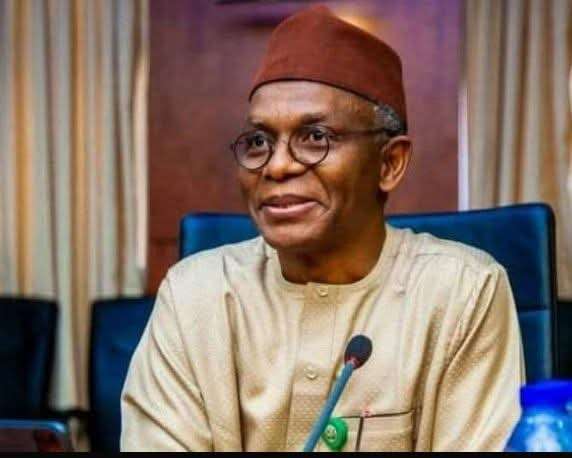The Independent Corrupt Practices and Other Related Offences Commission (ICPC) has filed charges against Jimi Lawal, a former Senior Special Adviser and Counsellor to ex-Governor Nasir El-Rufai of Kaduna State, accusing him of laundering ₦64,800,562.
Lawal is alleged to have transferred funds from various Kaduna State government accounts into the account of Solar Life Nigeria Limited, for which he was the sole signatory. The transactions in question include sums of ₦10,000,000, ₦47,840,000, and ₦7,320,562. The ICPC contends that Lawal knew these funds were proceeds of corruption, violating Section 18(2)(d) and punishable under Section 18(3) of the Money Laundering (Prevention and Prohibition) Act, 2022.
In October 2024, Lawal allegedly made false statements to ICPC investigators, claiming the total sum received was paid as estacode to other officials. This act contravenes Section 25(1)(a) and is punishable under Section 25(1)(b) of the Corrupt Practices and Other Related Offences Act, 2000.
This development follows the ICPC’s earlier charges against Muhammad Bashir Saidu, another former aide to El-Rufai, for allegedly accepting cash payments exceeding legal limits during his tenure as Commissioner of Finance.
These actions are part of broader investigations into alleged financial misconduct during El-Rufai’s administration, including a probe by the Kaduna State House of Assembly that uncovered an alleged ₦423 billion theft, which the former governor has denied, calling it politically motivated.
The ICPC’s charges against Lawal have sparked widespread reactions among Nigerians, with many demanding accountability while others express skepticism about the effectiveness of anti-corruption efforts. Social media users are actively discussing the case, with some alleging political motivations behind the charges, especially given El-Rufai’s recent political setbacks. While anti-corruption activists see this as an opportunity to push for systemic reforms and stronger financial oversight, public trust in governance continues to decline as many believe corruption cases rarely lead to meaningful consequences. The case has reignited debates on transparency, selective prosecution, and the need for genuine institutional reforms to curb corruption in Nigeria.
